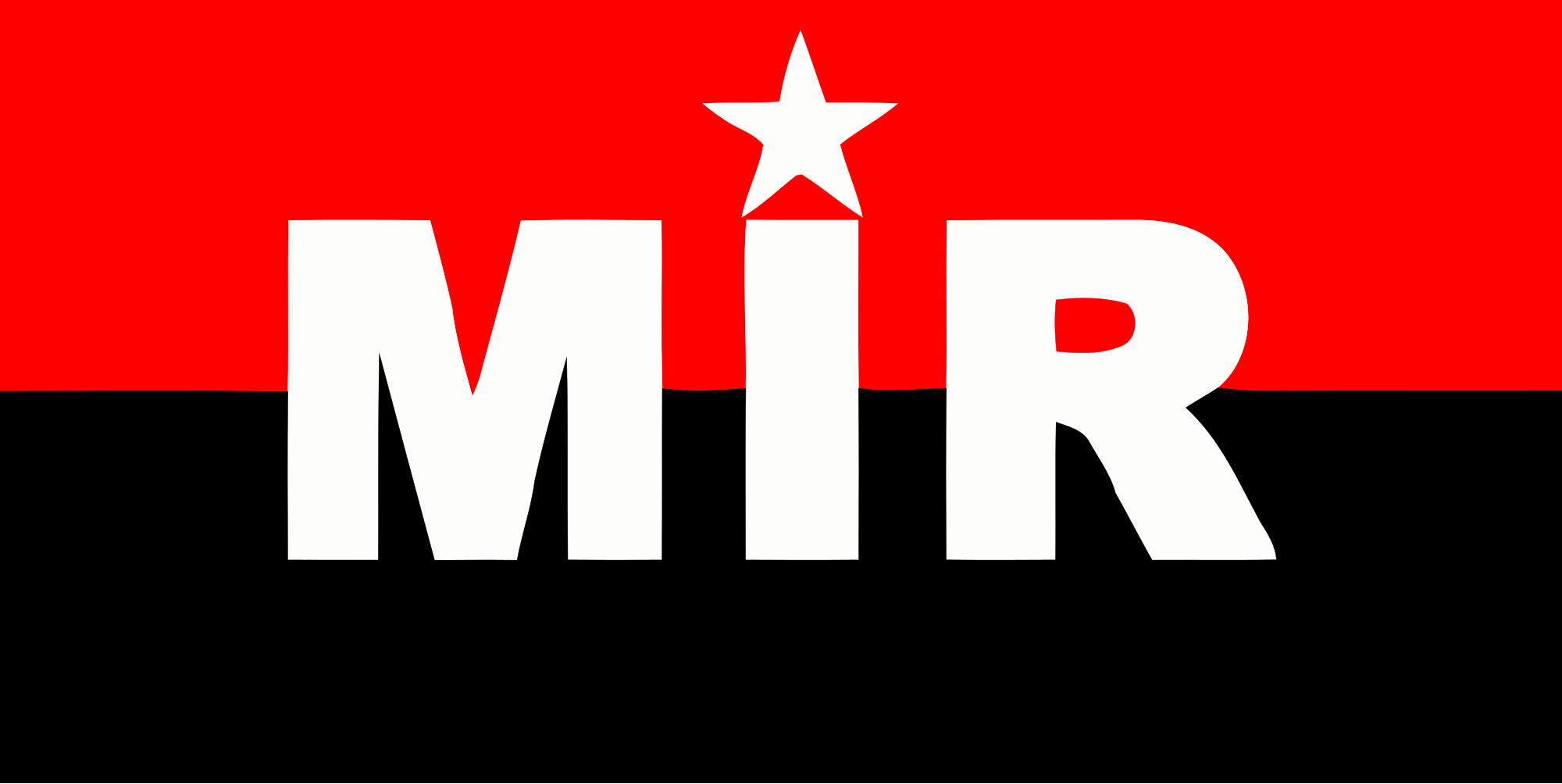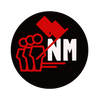Program (MIR, 1965)
Alongside the MIR's Declaration of Principals, this represents one of the key founding documents of the Chilean MIR.

Introduction:
Alongside the MIR's Declaration of Principals this represents one of the key founding documents of the Chilean MIR. The substantial differences between the MIR and the traditional left parties shines through very clearly. While the document maintains the defense of the socialist camp, it is uncompromising in its critique of the bureaucratic leaderships of the Eastern Bloc and of the theories of peaceful co-existence.
Program of the Revolutionary Left Movement (MIR)
Chile, August 15, 1965
The MIR is conscious of the fact that a program for the revolutionary party is urgently needed and that its elaboration should be the collective product of all Revolutionary Marxists; this program should be broad and it needs to understand all aspects of the stage of taking power and the transformation of the regime. It should be meticulously edited and organized and should aim towards, for the first time in Chile, the systematic elaboration of all economic, political, social, cultural and all other problems which the workers face in modern society.
However as an initial sketch for this program of the revolutionary party, the MIR defines its programmatic bases in the following way:
Internationally: The modern world is divided into countries economically and socially organized by capitalism (between which there are oppressing countries and oppressed countries) and nations with socialist structures. For the first time in history, these socialist countries have gained sufficient force to be able to decide the course of international events. However grave the errors which are committed by the political bureaucracies which lead the socialist states, the MIR clearly proclaims its support for the socialist camp and categorically rejects the idea of any neutrality in the face of a conflict between both sectors.
The socialist countries cannot be considered imperialist when they take actions outside of their borders; only through the worldwide cooperation of workers promoting revolution in every capitalist country can peace be achieved. Peaceful co-existence, active or passive, represents a temporary agreement between the socialist bureaucracies and imperialism which aims to hold back and block revolutions and which - since it conserves social injustice in great parts of the world - maintains the underlying causes of war.
The MIR declares itself in favor of the defense of the socialist countries in the event of aggression. In the socialist countries controlled by reformism or revisionism, we support the revolutionary people and not their bureaucratic leaderships which have deformed the process of socialist construction and have renounced Revolutionary Marxism.
The MIR proclaims itself decidedly in favor of the revolution in the colonial and semi-colonial countries and of all anti-imperialist struggles; we support the revolutionary wars of liberation which lift up the oppressed people, as such we are in favor of the self-determination of all people.
The MIR proclaims its support for the Cuban Revolution. Cuba understands the methods of insurrectional struggle, it liquidated the oligarchy and national bourgeoisie, maintains an anti-imperialist attitude and we support its form of constructing socialism - including its proposals to allow for neither sectarianism nor bureaucratism. It constitutes an example of revolutionary conduct for the continent.
The MIR will fight for the organization of the United Socialist Republics of Latin America. This unity we imagine not as one country but rather as a united federation of Latin American countries under a socialist regime. As a consequence of this we will not accept the unity of Latin America under the leadership of the national bourgeoisies and foreign imperialism.
Based on the principles of proletarian internationalism the MIR will without any sectarianism have fraternal relations with revolutionary parties around the world, keeping our independence in order to decide on questions of national politics. In our continent, the MIR will aim to form a unified movement of the revolutionary groups and parties of Latin America with the aim of coordinating and accelerating the revolutionary process.
Nationally: Our semi-colonial country because of its economic structure and its dependence on the world market needs to take on basic tasks: the liquidation of imperialism and the agrarian revolution. Behind these measures the majority of the nation, workers, peasants and the impoverished middle classes will be mobilized.
1 - The expulsion of imperialism means:
a) Nationalization without indemnification of the copper, nitrous, iron, electrical and telephone industries as well as the large commercial businesses such as Grace, Duncan Fox, Williamson Balfour, etc. as well as the foreign banks.
b) Breaking the pacts which tie us to imperialism and affect our national sovereignty, such as the military treaty with the United States, the Organization of American States, the International Monetary Fund and others.
c) Rejection of the foreign debt taken on by the bourgeois governments with imperialism.
d) Commercial and diplomatic relations with all countries of the world.
- The agrarian revolution means:
a) Expropriation without indemnification of the lands controlled by the latifundistas and the delivery of these lands to the peasants who work them. A delivery which could be individual or collective depending on the specific conditions of each area. This will be accompanied by technical help, credit, machinery, seeds and other measures aimed at increasing the productivity of agriculture.
b) The agrarian revolution should become solidified through the occupation of land by peasants.
These two democratic tasks must be intimately and inseparably linked to the following objectives of a socialist character:
a) Socialization of the the essential sectors of the country such as the banks, credit, insurance, transportation, medicine, social security, urban property and education across all levels.
b) Expropriation without indemnification of the factories and businesses of the national bourgeoisie, these will be managed by the unions and workers councils.
c) State control of foreign and internal commerce.
d) Planning and management of the economy by the socialist government with direct participation from unions, committees and revolutionary councils of workers, peasants and employees.
This program can be realized through the liquidation of the repressive bourgeois state apparatus and its replacement by direct proletarian democracy and armed militias of workers and peasants.
The struggle for these revolutionary objectives does not exclude mass mobilizations for immediate demands, such as:
Sliding scale of wages and salaries, equal and adjusted household allowances, collective bargaining contracts, single unions for industries, workers control of production, progressive reductions of indirect taxes, a 40 hour work week, freedom to unionize for peasants, workers, state and private employees, expansion of the right to vote to the illiterate and those older than 18 as well as lower officials and soldiers, obligatory and free education, etc.
We will mobilize workers through applying the methods of the class struggle, such as the strike, the occupation of farms, factories and land, the formation of self defense groups, etc. The struggle for immediate demands should not become a final goal as it is for the reformists, rather it must serve to elevate the masses who mobilize for these demands towards revolutionary politics.
The MIR maintains that the program we put forward can only be realized through the overthrow of the bourgeoisie and the establishment of a revolutionary government led by organs of worker and peasant power.
